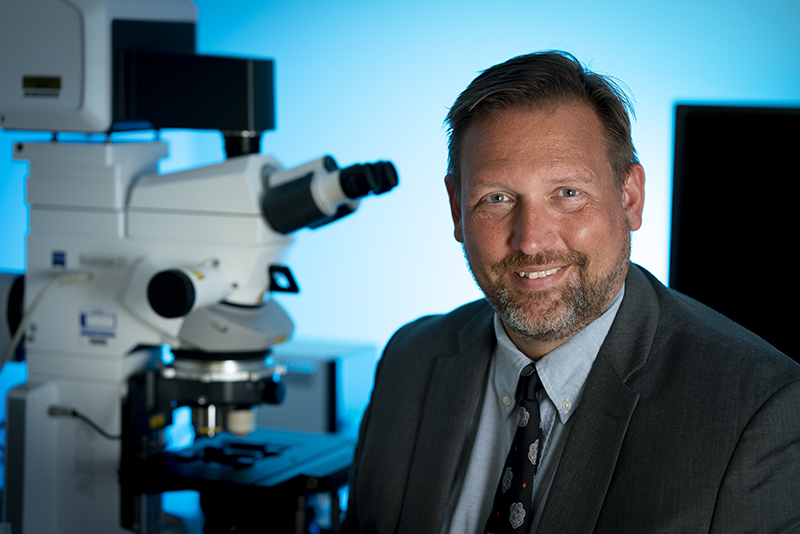Biomed Expert Backs AI’s Role in Improving Human Longevity
Purdue’s Biomedical Engineering Expert Examines the Role of Artificial Intelligence and Synthetic Biology in Addressing Complex Health Issues
For years, we have been fed how Artificial Intelligence (AI) is coming for our jobs and how everything in future will be only about AI and Smart Technologies. But, did you know that AI could also be used effectively to improve human longevity? Yes. According to David Umulis, a professor and the Dane A. Miller Head of Purdue University’s Weldon School of Biomedical Engineering, collaboration in AI space will be key in connecting technology and research in the biomedical engineering field.
Artificial intelligence, synthetic biology and collaboration are the building blocks that could help biomedical engineers crack the next big discovery in addressing complex health issues.
David Umulis, professor and the Dane A. Miller Head of Purdue University’s Weldon School of Biomedical Engineering, says those three areas are key in the rapidly changing biomedical engineering environment.
“Artificial intelligence is a game changer when it comes to biology, biomedical engineering and other related research areas,” Umulis said. “If we can develop the best way to use AI and other technologies, we will find ways to address human health and longevity that we could never imagine earlier.”
Umulis also serves as a senior research fellow for the Krach Institute for Tech Diplomacy at Purdue and as project director for the Emergent Mechanisms in Biology of Robustness Integration and Organization (EMBRIO) Institute.
A key example of those three areas working together can be found in his work leading the EMBRIO Institute. EMBRIO received $12.5 million in funding from the National Science Foundation and is a partnership across six higher education institutions that uses artificial intelligence in biology to see how cells defend themselves and how to repair cellular damage.
“A lot of things I’ve done in biology are now happening at a massive scale as data sciences and simulation sciences are starting to have a much larger impact in medicine, physiology, drug design and sensing,” he said. “As medicine and biomedical engineering become more integrated and data-centric, there’s an exploding need for expertise in those domains. People are much more conscious of wellness throughout development and aging, so there are more opportunities in all aspects of biomedical engineering.”

While leading the Weldon School of Biomedical Engineering’s 27-member and growing faculty, Umulis is expanding partnerships between the school and health care providers, medical researchers and medical device companies to take discoveries from the research labs to clinical settings. Umulis is expanding the school’s expertise by hiring three new faculty members, with specialties in bio-materials, cardiology, and digital health including data, AI and cybersecurity.
Umulis says Purdue biomedical engineers are always in high demand, especially in the fields of vaccine and medication development and mobile tech.
David Umulis specializes in use of high-performance computing and AI to support biological discovery, including cross-species predictions that could help pharmaceutical companies develop drugs, medications and vaccines quicker to address new diseases. He is laying the groundwork to expand Purdue’s biomedical engineering capabilities and expertise in fields such as pediatric health care, biomedical device security, digital health and emerging new disciplines in the field. He is also expanding partnerships between manufacturers, physicians and health care providers and academia.
Follow us for more on advanced AI and machine learning projects.

Comments are closed.